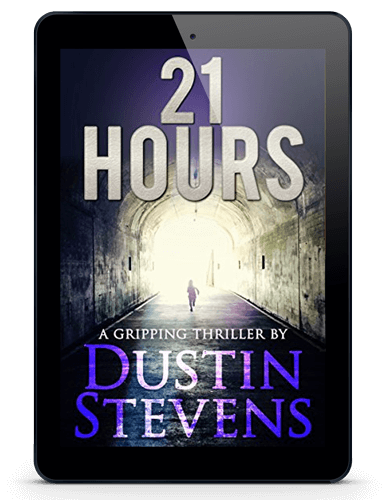For that reason, I find it impossible for me to write either impartially, or believably, about the Deflategate controversy. I have met Tom Brady a handful of times going back to days at Michigan, have always found him very personable, and have respected the way he plays and serves as an ambassador for the game.
That said, I am offering up a very sound article from Ira Miller at Sports Exchange that pretty much summarizes my prevailing thought on the entire matter which is, Goodale needs to go….
Owners must act, replace power-hungry Goodell
n the 1979 comedy, “Being There,” a hapless gardener played by Peter Sellers is mistaken for a genius and becomes a key advisor to a powerful businessman and Washington insider.Roger Goodell, meet Chauncey Gardiner.
How many more times, like Thursday's ruling that vacated Goodell's four-game suspension of Tom Brady over the Deflategate epic, must we be reminded that Goodell is not driving the bus but is more like the harried commuter running after it and grabbing onto the back door?
The NFL is a thriving business and Goodell is its CEO, and that leads to all kinds of misconceptions, one of which is that he is responsible for the success of the league. He is no more responsible for the league's success than Chauncey Gardiner was for his boss' millions in the movie.
In fact, in light of Goodell's ever-lengthening string of legal setbacks, it is time for some of the league's power owners — hello, Bob Kraft, John Mara, Jerry Jones, Pat Bowlen, Dan Rooney, Jerry Richardson — to do what once was thought unthinkable.
They have to fire their commissioner, redefine the job, reset the league's relationship with the players' union and bring in an outsider, someone with no ties to the league or one of its teams, to create a new era of intelligent leadership.
Many of us in the media long have thought of the NFL as arrogant, largely because it has been, even pre-dating the lawsuits filed decades ago by Joe Alioto, the former San Francisco mayor, on behalf of Al Davis. With the context of history, we clearly see now that Alioto was simply ahead of his time.
Goodell's legal defeats and retreats are almost too numerous to mention, although cases surrounding Adrian Peterson, Ray Rice and Greg Hardy are still fresh in the mind. The fact that Goodell even was overturned by his predecessor, Paul Tagliabue, in the New Orleans bounty case a few years ago should serve as a stark reminder of how Goodell has taken the league off the rails.
Even in the NFL's announcement that, as expected, it would appeal federal judge Richard M. Berman's 40-page decision, the league continues to miss the point by announcing that it plans to appeal “to uphold the collectively bargained responsibility to protect the integrity of the game.”
If the league truly were interested in collective responsibility, this issue would not have dragged through the entire offseason; instead, there would have been a sit-down with the players and a speedy resolution. Goodell acts as if what's important is winning his case and consolidating his power, when he should be acting as commissioner of the entire league and understand that players don't sign away their rights when they sign a contract.
Yet, as arrogant and wrong-headed as Goodell has been, the NFL Players Association is not exactly blameless for this mess either. Perhaps the union did not see the locomotive coming down the tracks; but, when it negotiated an agreement that essentially made the commissioner judge, jury and executioner, it grievously underestimated Goodell's appetite for power.
Berman seemingly did all he could to try to save Goodell from himself. In the end, while Goodell was trying to punish Brady for not cooperating with the investigation, Berman had to criticize the NFL for not cooperating, by not permitting Brady's side to interview league attorney Jeff Pash.
And, at six different points in his decision throwing out the results of the NFL's supposed independent investigation of Deflategate, Berman put the word “independent” in quotation marks. Guess the judge was not impressed by the league's TV ratings.
For years, we used to chide Tagliabue and Gene Upshaw, the late head of the NFLPA, for what was perceived as their too-close relationship and criticized for what appeared to be sweetheart deals on both sides. But in Tagliabue's 17 years as commissioner, the league never went through a patch like it has the last couple of years because he and Upshaw understood the game was bigger than both of them and they negotiated deals that worked for both sides.
It's time for the NFL, under new leadership, to get back to that kind of constructive relationship with its players.





